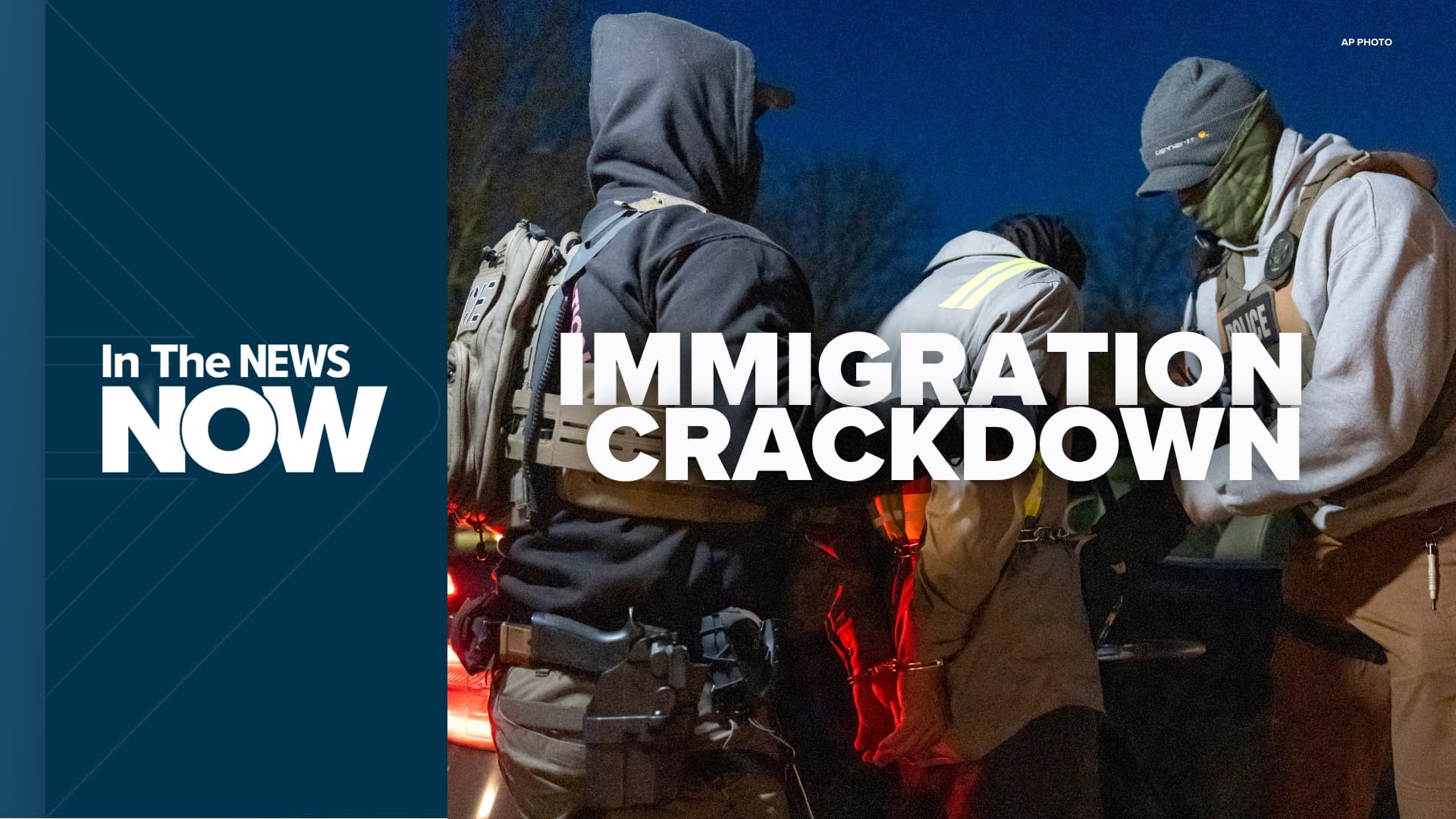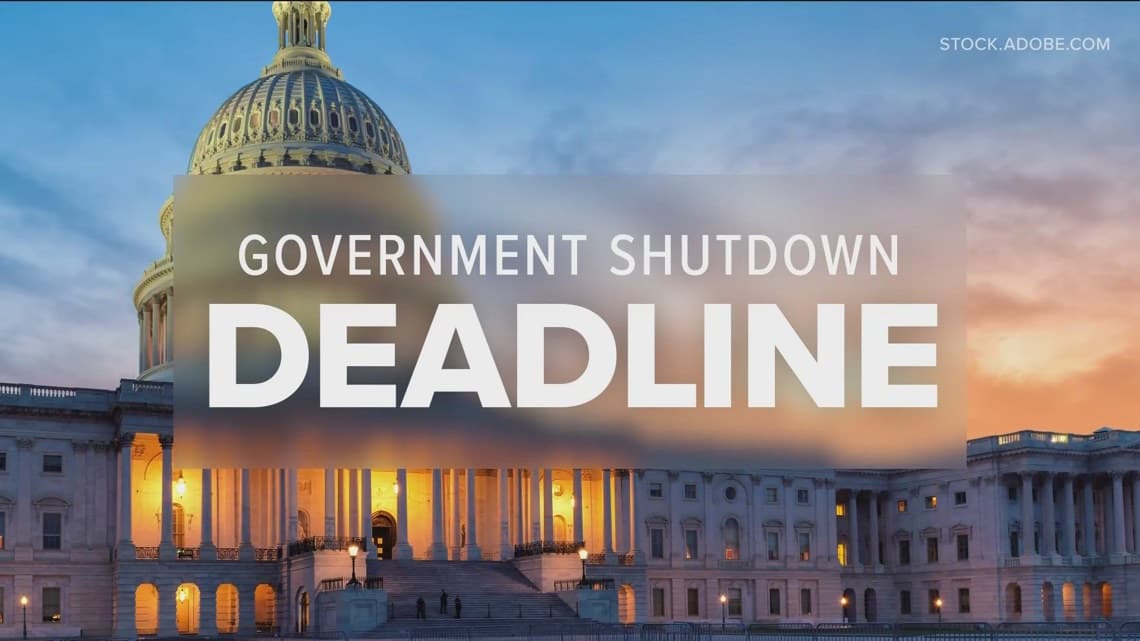Border Patrol Moves Into Charlotte, Raising Local Governance Concerns
Federal Border Patrol agents have begun operations in Charlotte as the Trump administration expands interior immigration enforcement, a move that local leaders say could undermine trust and public safety in immigrant communities. This matters because shifts in federal enforcement change how cities allocate policing resources, influence civic participation, and could prompt new legal challenges over municipal authority.
Listen to Article
Click play to generate audio

Federal Border Patrol personnel have initiated operations in Charlotte, North Carolina, marking a visible expansion of interior immigration enforcement as the Trump administration escalates its national crackdown. The deployment, reported by NBC News, places a federal paramilitary presence in a major Southern city that is not adjacent to an international border, raising immediate questions about jurisdiction, oversight, and the relationship between federal agents and local authorities.
Local officials in cities where similar operations have occurred in the past have warned that such actions often create a chilling effect among immigrant residents, discouraging reporting of crime, cooperation with municipal police, and participation in civic life. Those effects are consequential for public safety because community based policing depends on trust and information sharing. Municipal leaders must now balance enforcement priorities with obligations to maintain public order and protect residents regardless of immigration status.
From an institutional standpoint, the expansion highlights tensions between Customs and Border Protection, which oversees Border Patrol, and local law enforcement agencies. Border Patrol traditionally focuses on ports of entry and border regions, but interior operations have increased in recent years under policy directives aimed at broader removal and arrest activity. The deployment in Charlotte will test protocols for coordination, information sharing, and operational boundaries, and is likely to prompt scrutiny from city councils and state attorneys general concerned about legal authority and civil liberties.
The policy implications extend beyond immediate enforcement. Interior operations can shift municipal resource allocation as local agencies respond to heightened federal activity and to constituent concerns. Public health and social service providers may also face increased demand if community members avoid institutions perceived as linked to enforcement. These shifts can influence voting patterns over time, particularly in diverse jurisdictions where immigrant communities are growing electorates. Lower civic participation among targeted communities can have lasting effects on local representation and policy priorities.
The federal escalation arrives amid broader statements from the administration that signal a willingness to use forceful measures across multiple theaters of policy. President Trump said he is “sort of” made up his mind about military action in Venezuela, reflecting a posture in which aggressive options are being publicly weighed. That posture, paired with intensified domestic enforcement, frames a government strategy that emphasizes coercive tools to achieve policy goals.
Legal challenges appear likely. Civil rights groups and municipal governments have previously contested federal interior enforcement measures on constitutional and statutory grounds. Litigation, oversight hearings, and demands for transparency will be the primary mechanisms through which local actors seek to limit or shape the operations now unfolding in Charlotte.
For Charlotte residents and policymakers, the immediate priorities are clarity and oversight. City leaders will need to seek detailed briefings from federal officials, evaluate the enforcement footprint on community safety, and prepare for legal and administrative responses if federal activities erode trust or exceed statutory authority. The operations in Charlotte are not just a law enforcement action, they are a test of how federal power interacts with local democratic governance.


